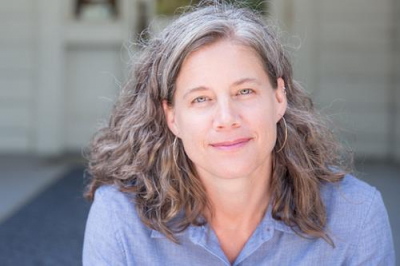Letter from CDS Director Wesley Hogan

As director of the Center for Documentary Studies (CDS), I am committed to transforming this historically white institution into an antiracist organization. In response to the murders of Ahmaud Arbery, Breonna Taylor, Tony McDade, Rayshard Brooks—and the police lynching of George Floyd and the last several weeks of national reckoning—we are holding up a mirror, engaging in an internal reckoning. I am asking myself and other white people in the organization to look openly and honestly at the ways white cultural practices and white supremacy have been—and continue to be—destructive, preventing us from serving all communities for whom our mission resonates. To support this shift away from white culture and to mitigate harm, we are working with Biwa|Emergent Equity consultant team to build up antiracist skills and resources, and moving forward with major development work to shift budgets to align with this priority.
In addition, I will:
- Do a thorough and honest accounting of the structural components that have created a harmful organizational culture at CDS, and take concrete action to redress and mitigate harm;
- Work with the CDS Board of Directors over the next twelve months to embed antiracist commitments in our organization’s strategic vision, governing principles, and accountability structure;
- Prioritize hiring Black, Indigenous, and People of Color (BIPOC) staff and faculty, from entry-level to senior leadership positions—with accompanying steps to ensure a healthy, welcoming work environment for them;
- Infuse our strategic emphasis on diversifying the documentary field as a guiding principle throughout all CDS programming;
- Strengthen the CDS Affiliates program to support regional BIPOC documentary makers’ access to CDS resources;
- Expand the DocX initiative to bring more BIPOC documentary artists into residencies focused on their works-in-progress;
- Require the undergraduate and continuing education programs to evaluate our full curriculum to see where it does (or does not) center BIPOC makers, critics, historians, and journalists, and make amendments in the next twelve months to reflect the full range of intellectual and aesthetic perspectives.
As we at CDS work internally—and within Duke and in our home community of Durham, North Carolina—to practice antiracism, I encourage you to learn more about the organizations listed below; their work in our community continues to challenge us to do better, and to be better ancestors to the coming generations.
Wesley Hogan
CDS Director
+ BYP100, Durham Chapter
+ Durham Beyond Policing
+ NC Community Bail Fund of Durham
+ Hayti Heritage Center
+ SpiritHouse
+ The Beautiful Project
+ Communities in Partnership
+ End Poverty Durham
+ Historic Stagville
